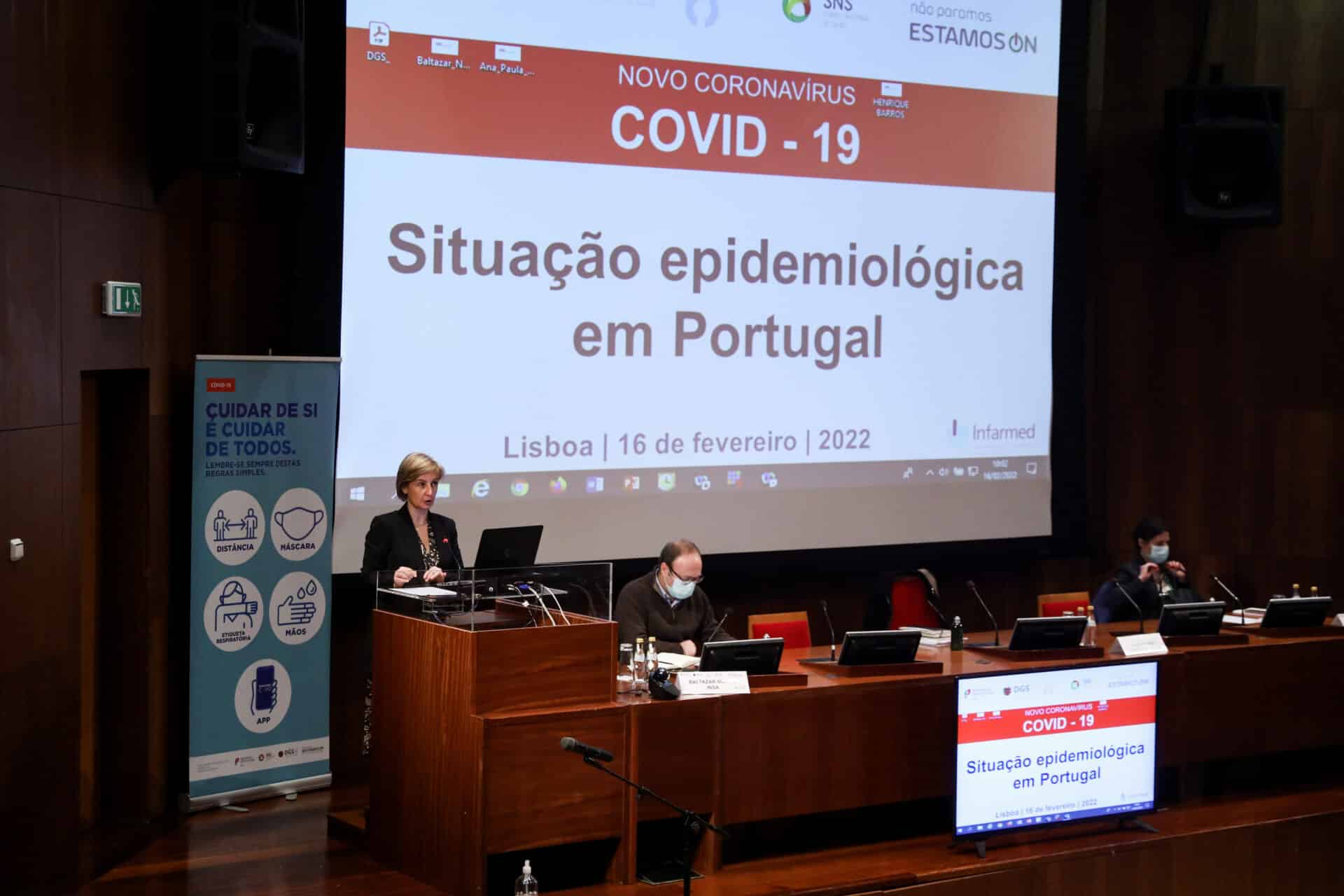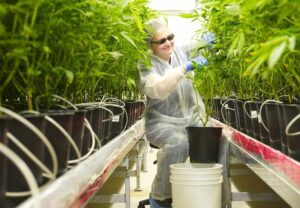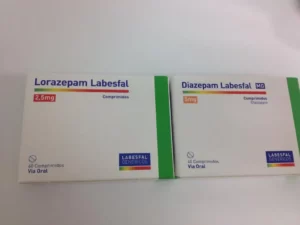Winding up Wednesday’s meeting of experts at Infarmed, President Marcelo dubbed it “a symbolic moment”, thanking experts for their work over the last two years of pandemic, and signalling the news the country has been waiting for: a return to normality.
Tomorrow (Thursday) will see the Council of Ministers weigh up the various interventions and present a strategy for letting go of Covid restrictions.
Under secretary of state for health António Lacerda Sales suggested on Tuesday that the way forwards will be “progressive, gradual and cautious”, but there is a massive groundswell of support for sweeping decision-making – particularly when it comes to the requirement for people to present Covid Digital Certificates to enter restaurants/ hotels/ holiday rentals.
With other countries ‘returning to normal’ – and tourism really beginning to ‘look up’- it would make no sense for Portugal to dither on the fence.
“Pandemics do not last an eternity”, mathematician Henrique Barros stressed as colleagues variously gave all the ‘good news’: Rt (transmission) is at 0.76; incidence is in free-fall; numbers are steadily reducing in hospitals, with infinitely less pressure on intensive care units.
According to the working group of specialists from IST (the superior technical institute), the only restrictions to stay in place should be those requiring:
- mask-wearing in closed public places,
- Covid Digital Certificates for entry to “large indoor events of great density”
- the isolation of symptomatic infected people until they no longer show symptoms.
This does not mean necessarily that the government will concur, but all indications are that the rules on mask-wearing will fall (except for people entering hospitals/ old people’s homes/ using public transport); that Covid Digital Certificates will no longer be required for access to restaurants/ bars/ discotheques or other hospitality venues and that the daily Covid bulletins will disappear.
“In around two months time we should have reached a very low level of incidence, of around 60 cases per 100,000 inhabitants”, epidemiologist Baltazar Nunes of INSA told the meeting, admitting that the number of people arriving in ICUs these days is below even the best case scenario. He attributed this success to “the combination of vaccination with a less serious variant”.
Bit by bit everything is inching its way towards the positive predictions of virologist Pedro Simas, who was not at the Infarmed meeting but has been ‘leading the way’ in forecasting nonetheless (click here).
The meeting highlighted experts’ unwillingness to turn exuberant cartwheels. Henrique Barros for example, admitted SARS-CoV-2 was “objectively endemic” but countered this with “malaria and tuberculosis are endemic, and these are very serious diseases…”
Nonetheless, it looks very much like ‘remote working from home’; mass testing of people showing no symptoms; the prohibition to drink alcohol in the streets will all be dispensed with while entry into the country will for the time being still require either proof of either a valid Covid Digital Certificate or a negative PCR/ antigen test.
This is unlikely to last long, though. Raquel Duarte of Porto’s Institute of Public Health has suggested the next step will be to “return to international rules pre-pandemic”, meaning free travel, with no questions asked about vaccinations or tests.
Unwilling perhaps to relinquish a sense of urgency completely, the meeting heard that next autumn, the country “could be faced with a new peak of virus infections”. For this reason, the requirement for the most vulnerable to receive yet another booster dose roundabout September time is likely to be ‘considered’.
Again, we will only know for sure once the Council of Ministers gives its press conference tomorrow.
natasha.donn@algarveresident.com




















